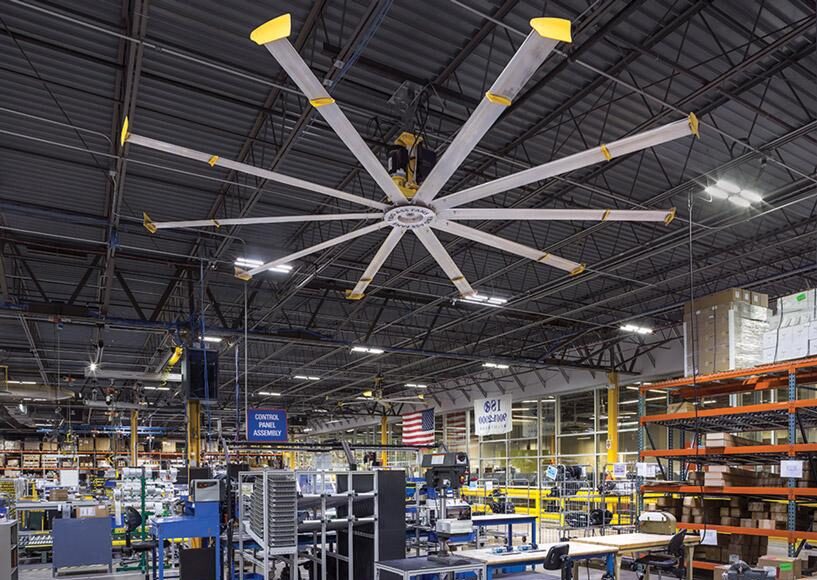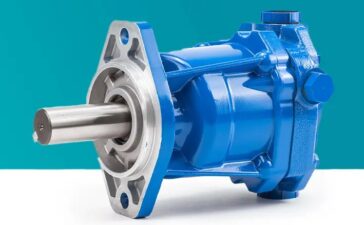When it comes to maintaining a comfortable and healthy indoor environment, the role of industrial fans should not be overlooked. These powerful and versatile pieces of equipment play a vital role in improving indoor air quality and the overall comfort of a space.
In this article, we’ll delve deeper into how an industrial fan can improve indoor air quality and the factors to consider when selecting the right one for your needs. So, let’s dive in and learn more about the importance of industrial fans in maintaining indoor air quality.
1- Enhanced Ventilation and Circulation
One of the primary roles of industrial fans is to increase the fresh air entering a space. By circulating and mixing the air within a room or facility, industrial fans can help to dilute any stagnant or contaminated air, resulting in improved air quality and comfort.
This is especially important in settings such as factories, warehouses, and office buildings where air quality can be impacted by various pollutants such as dust, smoke, and fumes. In addition to increasing ventilation and circulation, industrial fans can improve air circulation in large outdoor spaces, such as sporting or concert venues.
2- Reduction of Pollutants
In addition to increasing ventilation and circulation, industrial fans can also reduce the concentration of pollutants in the air.
For example, an industrial fan can extract fumes and dust from the air in manufacturing environments, helping protect workers’ health and safety. Industrial fans can also be used to ventilate areas where smoke or other hazardous substances may be present, such as in the case of a fire or chemical spill. In agricultural settings, industrial fans can dissipate harmful gases produced by livestock or dry crops.
3- Energy Efficiency
Using industrial fans that are designed with energy efficiency in mind can also have a positive impact on indoor air quality.
By reducing energy consumption, these types of industrial fans can help lower energy costs and reduce a facility’s carbon footprint. In addition, energy-efficient industrial fans are typically quieter and longer-lasting, making them a cost-effective and sustainable choice.
4- Temperature Control
Industrial fans can also play a role in temperature control, helping to circulate and distribute warm or cool air as needed. This can help maintain a comfortable working environment and prevent overheating or undercooling of equipment in industrial settings. In residential settings, an industrial fan can supplement air conditioning or heating systems, providing an efficient and cost-effective way to regulate temperature.
5- Improved Productivity
Maintaining good indoor air quality is important for individuals’ overall health and well-being and for increasing productivity.Poor indoor air quality can lead to various health issues, including respiratory problems, allergies, and fatigue. Using an industrial fan to improve air circulation and ventilation can reduce the concentration of pollutants in the air, leading to a healthier and more comfortable indoor environment.
Conclusion
An industrial fan can play a vital role in improving indoor air quality and the overall comfort of a space. Whether it’s increasing ventilation and circulation, reducing pollutants, or saving energy, the benefits of using industrial fans are numerous. Considering the size, type, and efficiency of an industrial fan, it’s possible to find the perfect solution for various applications.









